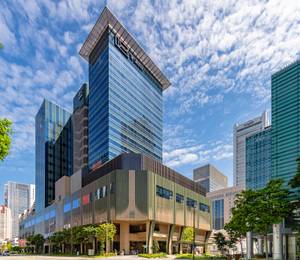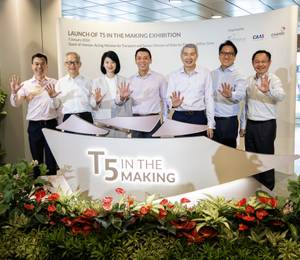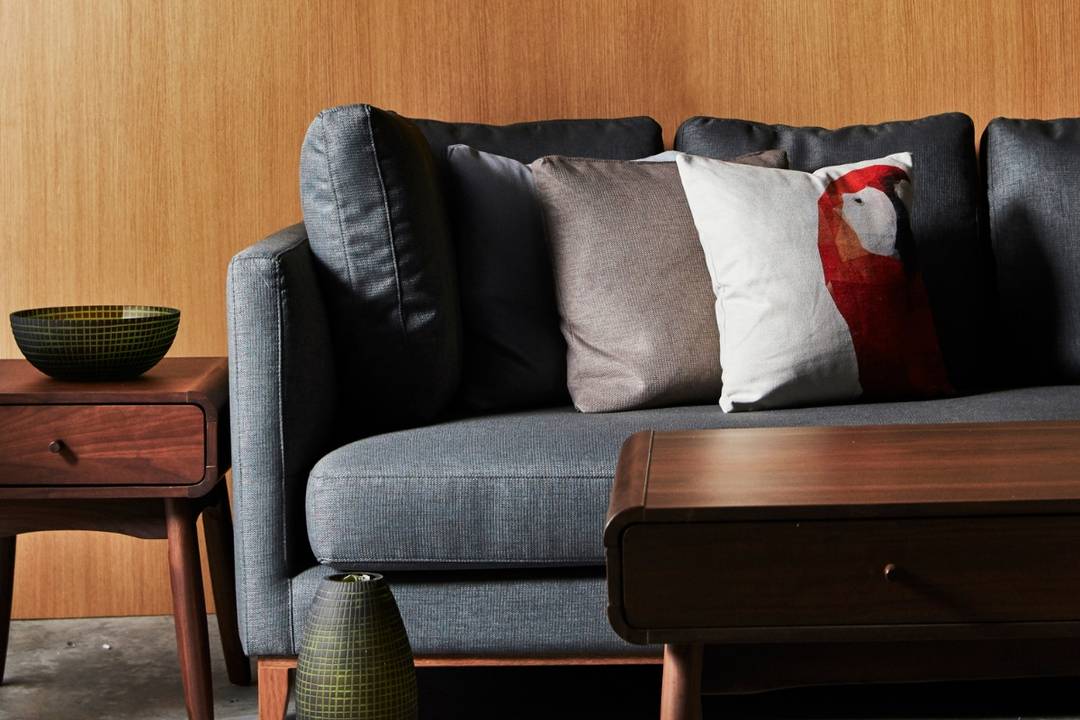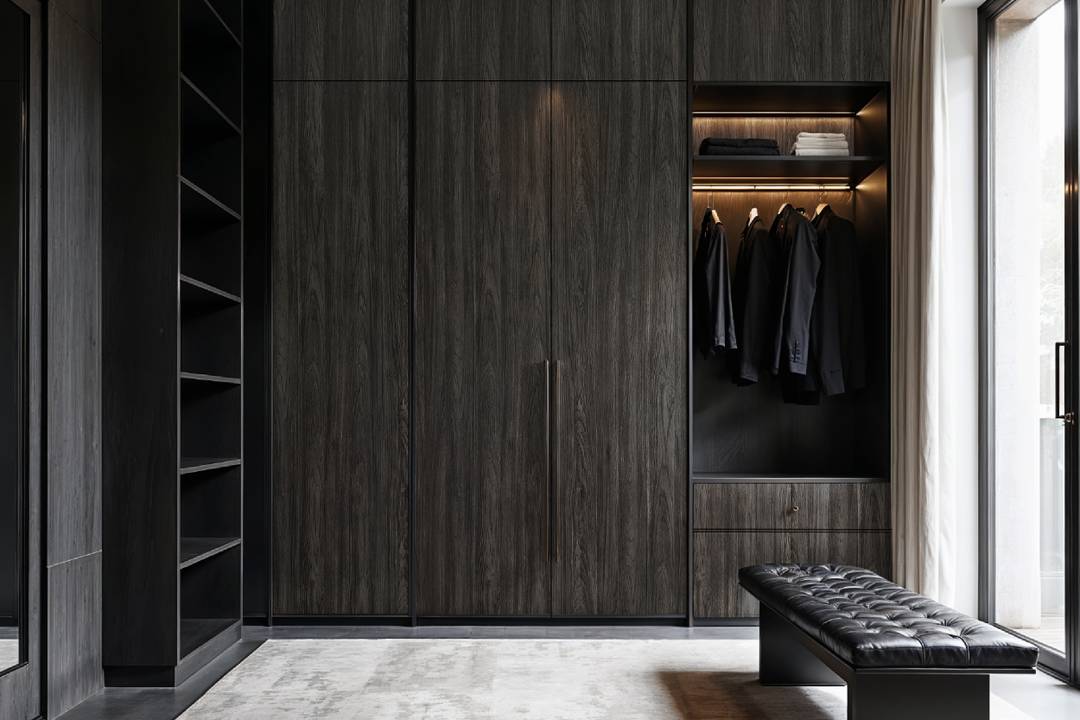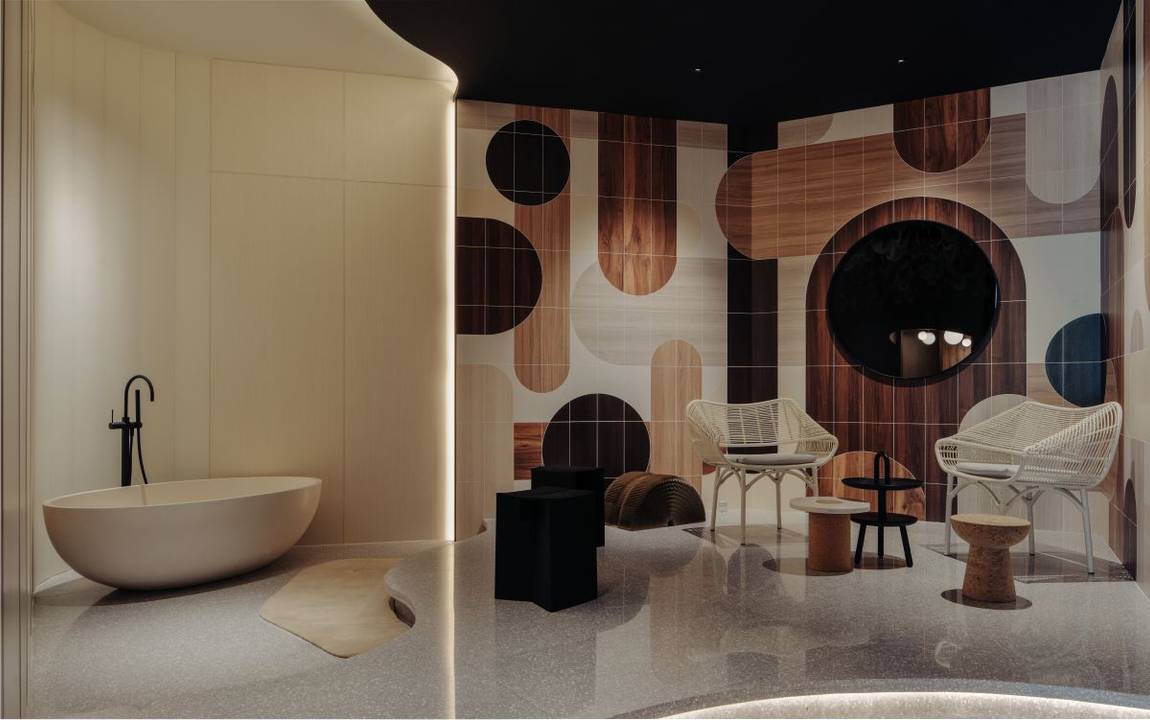Singapore is setting a new regional benchmark in tackling VOC emissions and elevating indoor health standards with the Singapore Furniture Industries Council (SFIC)’s enhancement of the Sustainable Furniture Mark.
Building on existing Level 1 formaldehyde standards, this Mark expands on the framework for indoor air quality by targeting emissions of volatile organic compounds (VOCs), including formaldehyde, in furniture.
The Enhanced Sustainable Furniture Mark is the first initiative of its kind in the ASEAN region, designed to set clear and practicable standards for healthier indoor environments. It was developed using strict, science-backed limits for harmful VOCs emissions from furniture. VOCs, which also include chemicals such as benzene and toluene, are released by common materials and can accumulate in poorly ventilated spaces, especially in air-conditioned environments.
Studies show that indoor air can be two to five times more polluted than outdoor air, with furniture and building materials accounting for over 80% of pollutants found indoors. Health risks stemming from exposure can include eye and throat irritation, headaches, and fatigue in the short-term. Long-term exposure can result in respiratory issues and the worsening of chronic conditions and other health conditions such as cancer, neurological, and reproductive damage. The economic implications are also significant, as VOC-related exposure has been linked to reduced workplace productivity, increased sick leave, and higher healthcare costs.
Building on formaldehyde emission limits, the Enhanced Sustainable Furniture Mark introduces Total Volatile Organic Compound (TVOC) thresholds and a tiered structure that allows businesses of all sizes to participate while progressively improving towards international benchmarks. Optional but recommended measures include developing a chemical inventory and adopting practices such as responsible sourcing, circular design, and ethical labour standards to meet growing global market and regulatory expectations.
This ensures greater protection for consumers and a stronger commitment to safety, health, and wellness across the industry. With this in mind, SFIC will also be introducing a distinctive new logo to serve as the Enhanced Sustainable Furniture Mark, making it easy for consumers to identify furniture that meets higher health and safety standards at a glance.
“Indoor air pollution is an invisible threat that many consumers and even businesses overlook,” said Joshua Koh, President of the Singapore Furniture Industries Council (SFIC). “The Enhanced Sustainable Furniture Mark fills a critical gap by setting clear, science-backed requirements for VOCs management. It ensures that furniture in Singapore meets stringent safety standards, protecting the health of our people, and supporting a sustainable future for the industry.”
To ensure trust and practicality, the Enhanced Sustainable Furniture Mark will follow strict, internationally recognised testing methods and introduce independent checks at every stage. It will also include measures like a public certification list and oversight by an independent panel to maintain transparency.
SFIC also plans to commence accreditation under this new benchmark in 2026, with SFIC providing training, technical support, and resources to help businesses transition smoothly. This forms a key part of their broader mission to support companies in transforming towards sustainable business models aligned with emerging global sustainability-related standards.
The development of this benchmark also comes at a time when consumer demand for eco-friendly furniture in Asia-Pacific is projected to reach USD 20.8 billion by 2030, while Singapore’s office furniture market alone is expected to hit USD 911.79 million by 2032. For businesses, compliance with VOC standards offers them a competitive edge by aligning with international standards in the EU, USA, Japan, and China, as well as export growth opportunities at a time when global markets increasingly require sustainable certifications.
By working closely with pilot programmes and early adopters, this initiative aims to go beyond compliance and become a trusted industry standard for health, sustainability, and responsible business, helping Singapore’s furniture sector stay competitive globally and ready for future regulations.
With the introduction of the Mark, Singapore reaffirms its position as a regional hub for sustainable design and innovation, setting a precedent for ASEAN countries to elevate their indoor health and sustainability standards.
SFIC encourages manufacturers, designers, retailers, and suppliers to begin preparations early, as accreditation is set to commence in 2026. To ensure a smooth transition, SFIC will provide comprehensive training and technical guidance to industry players.



